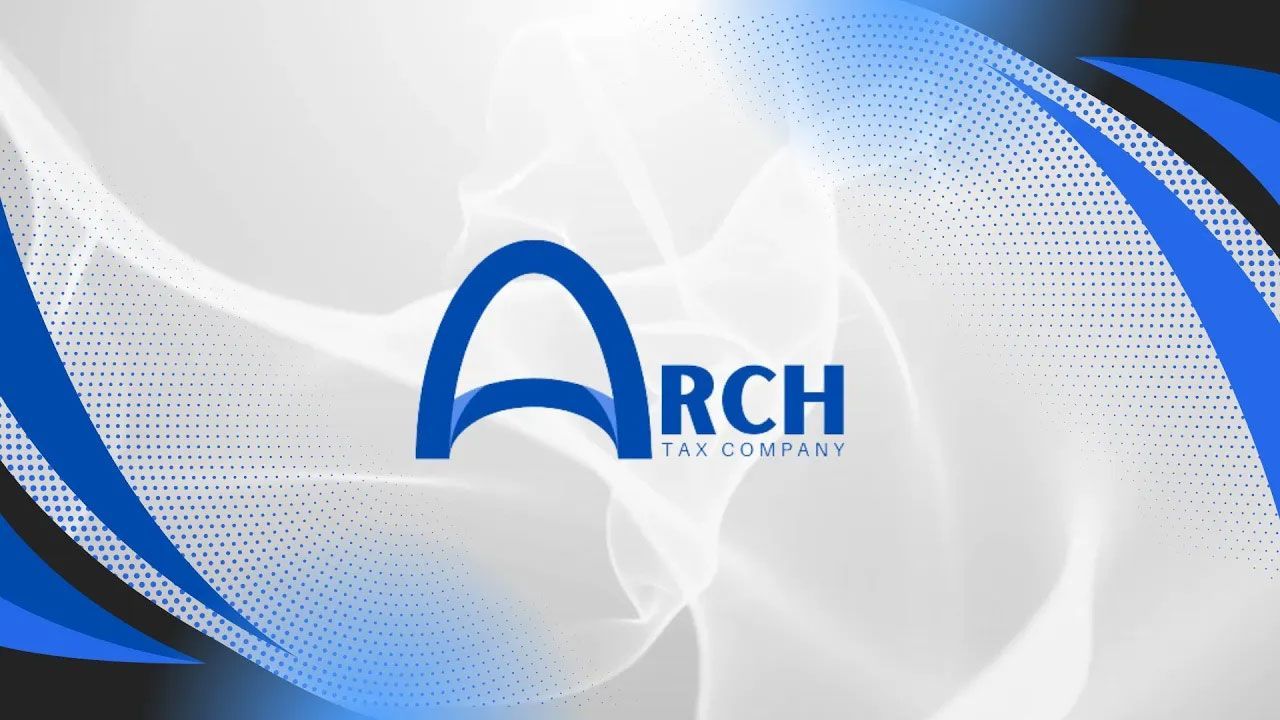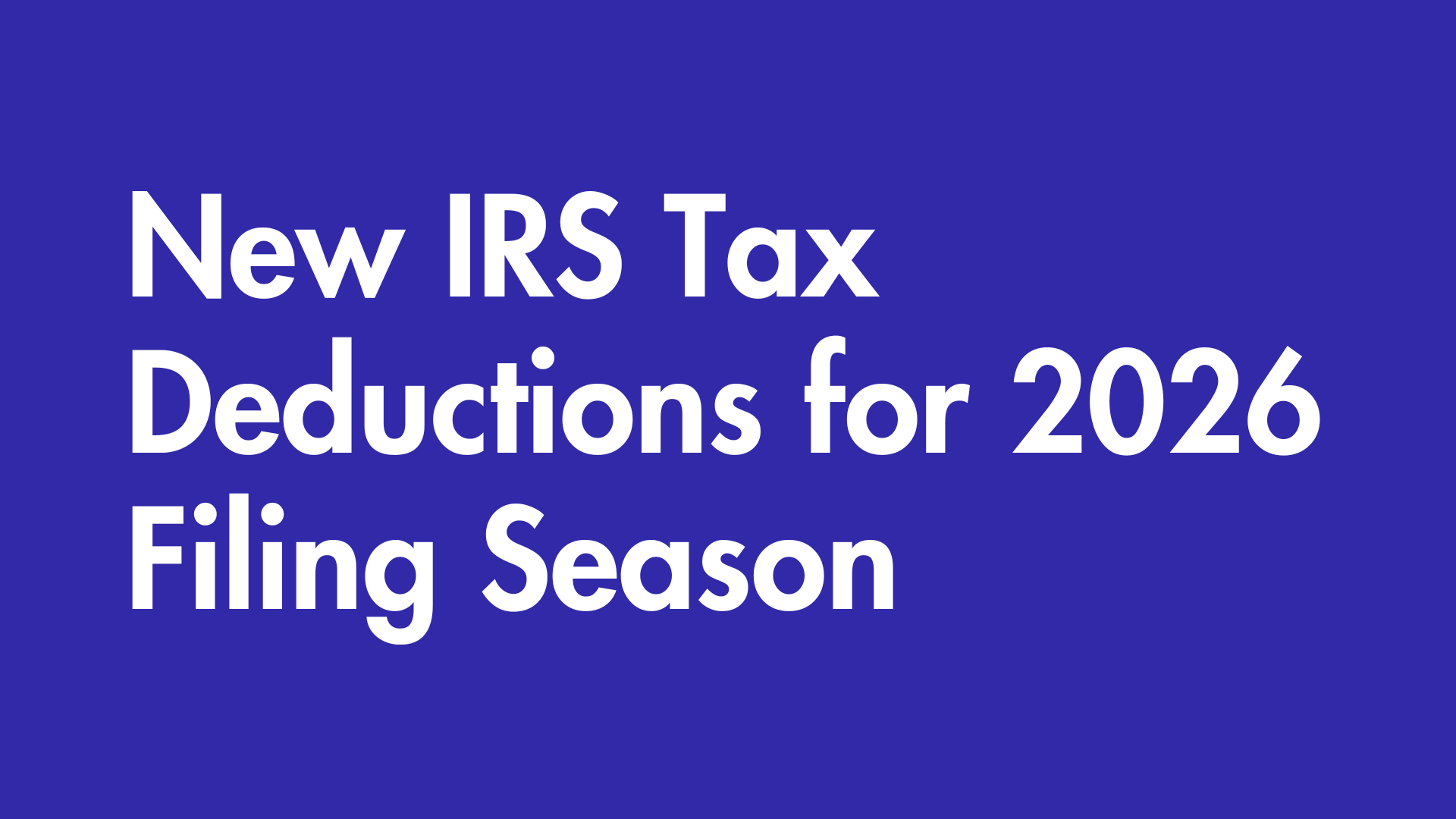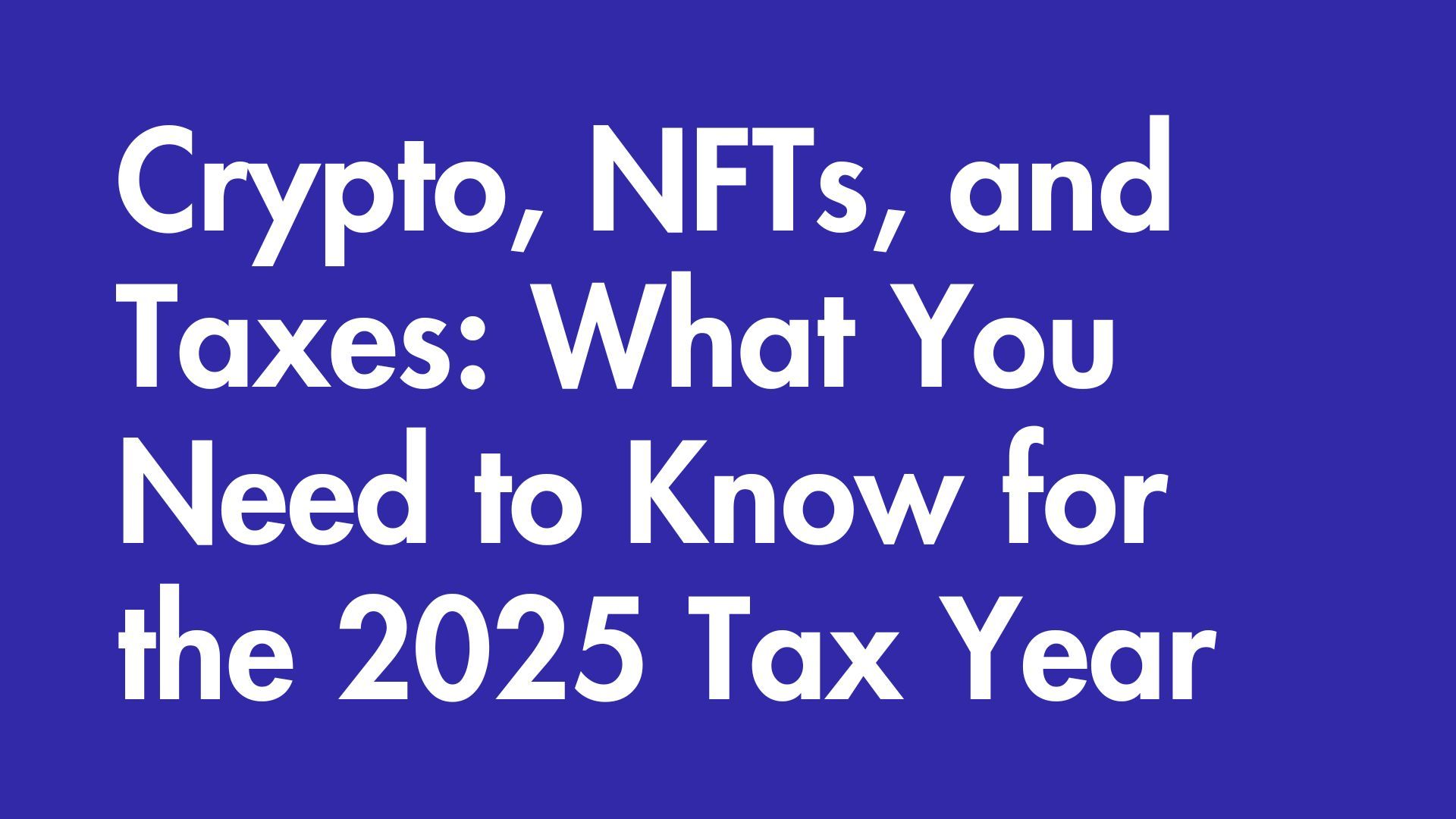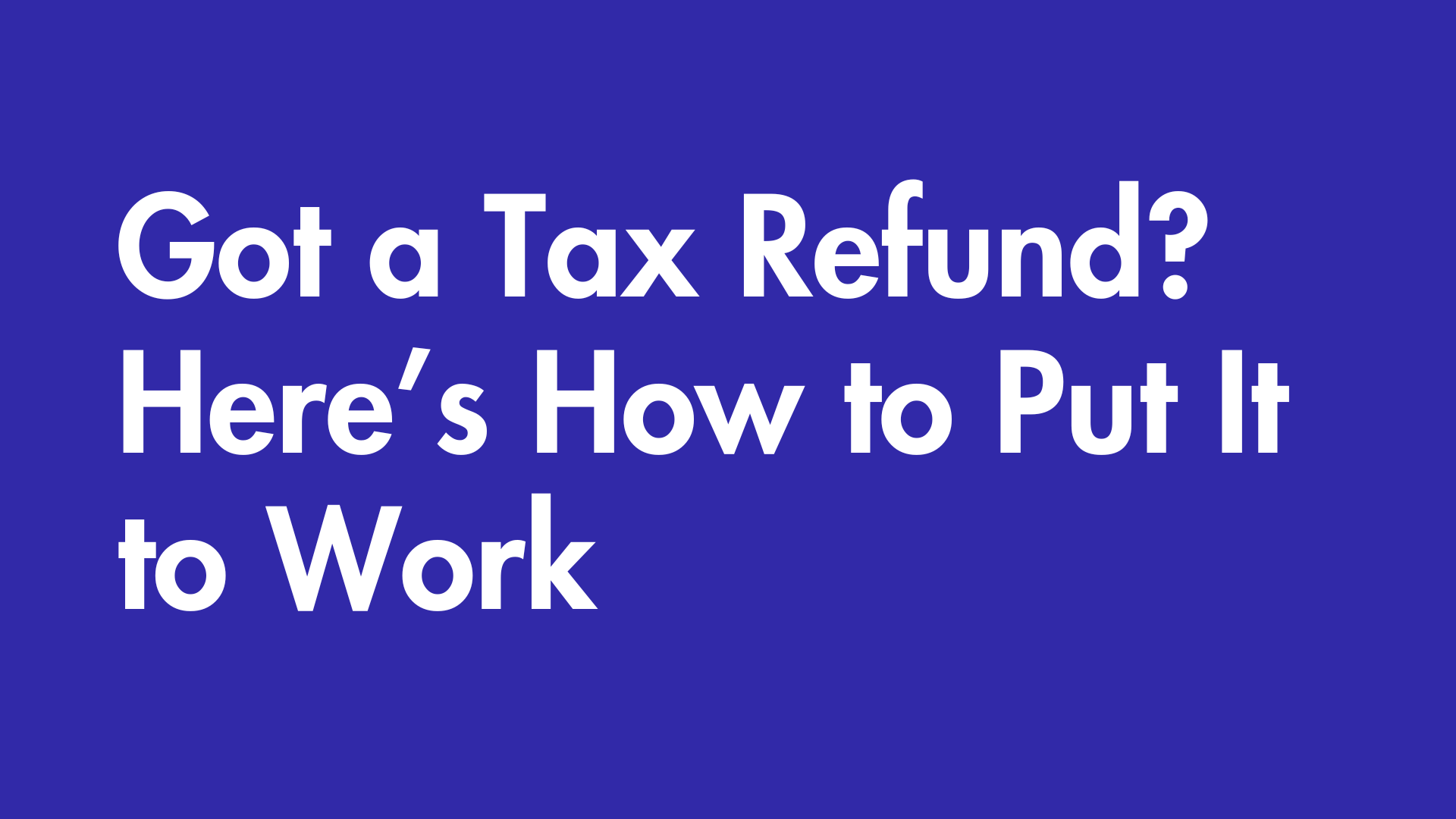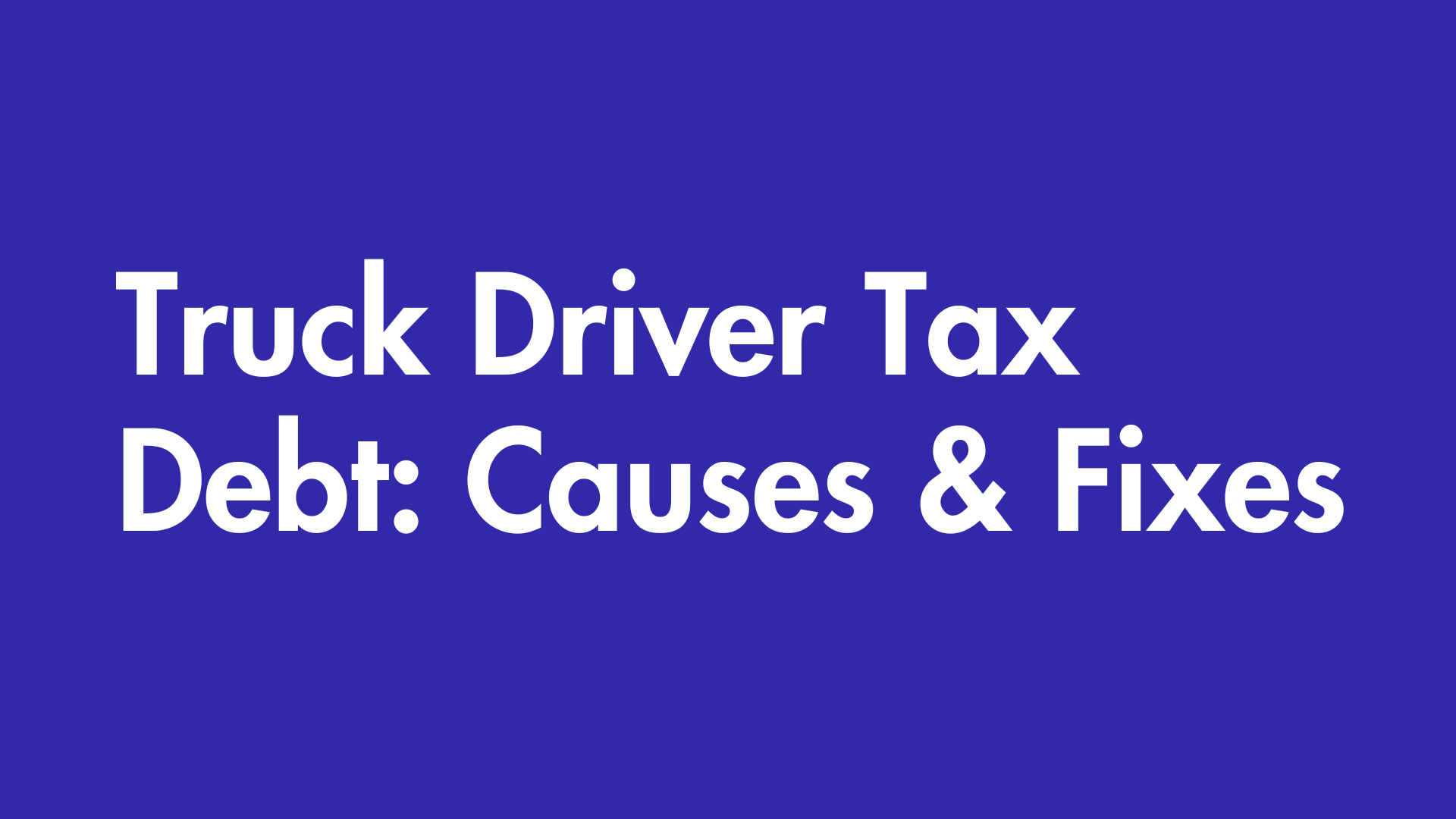Can Tragedy Save You From the IRS?
How the IRS Defines Hardship
The IRS does have provisions for financial hardship, but they’re not based on the emotional toll of your life circumstances — they’re based on numbers.
Income-to-Expense Ratio – The IRS will examine whether your income is enough to cover basic living expenses. If your income exceeds what the IRS considers reasonable for necessities, they may not consider you to be in hardship.
Ability to Earn – Even if you’ve experienced a traumatic life event, the IRS will want to know if you’re still capable of working and generating income. If you can still earn a living, you may not qualify for hardship relief.
Assets You Own – The IRS will look at the type and value of your assets. If you have substantial savings, property, or investments, the IRS may expect you to use those resources to settle your tax debt before considering hardship relief.
Why Tragedy Alone Won't Save You
This is the part that can feel cold and unfair. Even if you’ve experienced an unspeakable tragedy — like the loss of a loved one or a severe medical diagnosis — the IRS won’t offer you relief unless you can prove that the situation directly impacts your ability to pay.
Example:
- If you lost your job due to a medical issue and your income dropped significantly, you might qualify for hardship relief.
- If you lost a loved one but your income remains stable, the IRS will likely expect you to pay your tax debt as usual.
How to Prove Hardship to the IRS
If you believe you qualify for hardship relief, you need to provide clear evidence:
- Bank statements showing reduced income
- Medical records if your condition prevents you from working
- Proof of increased living expenses due to your situation
- Asset valuation statements
When to Seek Professional Help
If you’ve experienced a major life event and are struggling to deal with the IRS, you don’t have to go through it alone. At Arch Tax, we specialize in helping clients navigate complex IRS cases — including hardship situations.
Contact us today to schedule a consultation and see how we can help you get the relief you need.

